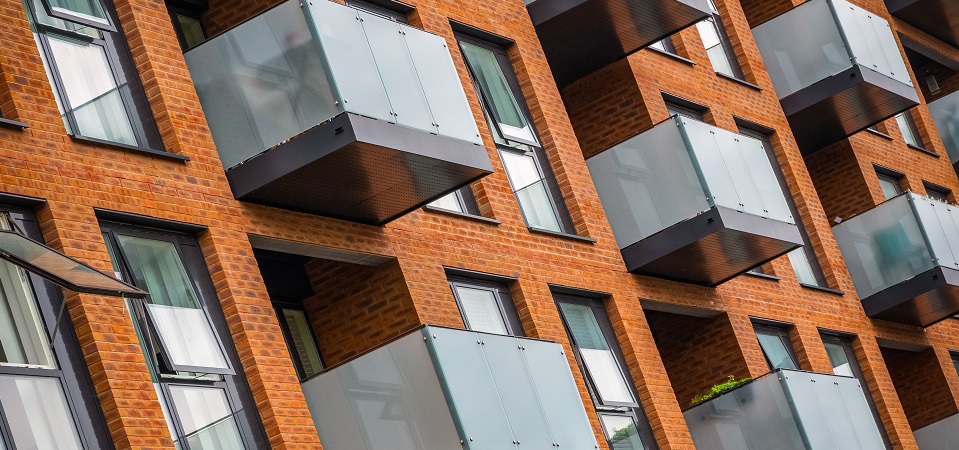New leasehold reforms introduced by the government are set to transform home ownership in England, with the automatic right to extend a lease to 990 years and the abolition of ground rent promising to end the current nightmare for around 4.5million leaseholders.
Here, residential conveyancing expert Graham Ireland explains what the new reforms mean for those that own a leasehold property.
The current rules
Leaseholders rent the ground on which their home stands on for a period of time set out in their lease which, more often than not, means that they have to pay ground rent and possibly other charges to the owner of the freehold. There may also be restrictions called covenants on what can and cannot be done with the property.
Under current rules, leaseholders of houses can only extend their lease once for 50 years with a ground rent, whereas leaseholders of flats can extend as often as they wish at a ground rent of zero for 90 years.
The issue with leaseholds
The issue of leasehold properties is one which refuses to go away, with campaigners arguing that the current system is complicated and open to abuse.
Some developers have been selling newly built properties as leasehold, creating high annual ground rents and including provisions in leases for the rent to be increased – sometimes doubled – after a certain period of time. Many of these types of leases are not acceptable to lenders meaning that properties which include these provisions are not mortgageable.
A number of buyers of this type of property have, quite often, been told by the builder that they would be given the opportunity to buy the freehold at a later time before they finish developing the site only to find that, when they try to buy the freehold, the builder has already sold it to an investment company.
The investment company then asks for an exorbitant amount of money, well in excess of the amount for which the builder originally indicated it would be available to buy.
These issues often comes to the surface when the property owner decides to put their home on the market for sale, with many of them left struggling to find a buyer because of the leasehold tenure and the provisions in the lease for ground rent increases – in effect leaving people trapped in their own homes.
The leasehold reforms
The landmark reforms, which have been described by the government as the biggest changes to property law in 40 years, are expected to free millions from these costly and complicated issues.
The new rules give around 4.5million leaseholders of both houses and flats in England the right to extend their lease to 990 years with zero ground rent.
This will help free them from expensive ground rents and potentially save some homeowners tens of thousands of pounds on the cost of extending leases.
A push on commonhold tenure
There is a further issue relating to leasehold flats and apartments and, in particular, relating to the lack of control a flat or apartment owner has over the management of common areas. The responsibility for maintenance and repair of common areas is usually the responsibility of the freeholder or a limited company specifically set up for this purpose, and then the cost of the repairs are recovered from the flat or apartment owners by way of a service or management charge.
This often leaves those caught in the leasehold trap with little or no say over the amount paid for works being carried out, as well as who carried out the work.
The proposed reforms include a pledge by the government to promote commonhold tenure which is an alternative method of home ownership, with the intention to make it the standard alternative to leasehold ownership.
The commonhold concept of property ownership was introduced via the Commonhold and Leasehold Reform Act in 2002, and while further legislative changes to commonhold are expected soon, current commonhold ownership is similar to leasehold ownership, except that it involves the indefinite freehold ownership of part of a multi occupancy dwelling – typically a flat – with shared responsibility for common areas.
It applies to flats, houses and can also apply to non-residential units in a building, the idea being that commonhold prevents the need for people having to extend their leases or purchase the freehold, like that seen with leasehold ownership.
This area is a very complex and involved area of law, so it is vital you seek expert legal advice before embarking on extending any lease or buying a leasehold property.
Graham Ireland is a director based at WHN’s Clitheroe office. Graham specialises in the buying and selling of residential property and also prepares leases for residential properties. To contact Graham, call him on 01200 408300 or email graham.ireland@whnsolicitors.co.uk













